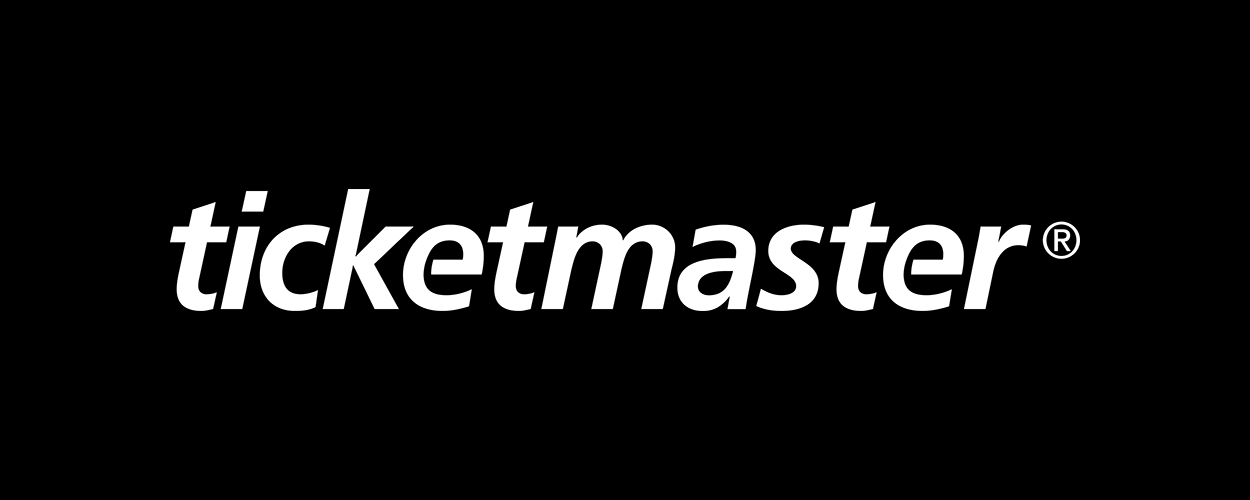This website uses cookies so that we can provide you with the best user experience possible. Cookie information is stored in your browser and performs functions such as recognising you when you return to our website and helping our team to understand which sections of the website you find most interesting and useful.
Business News Legal Live Business
Arbitration provision in Ticketmaster’s terms back in the spotlight in Ninth Circuit appeals court
By Chris Cooke | Published on Tuesday 20 September 2022

Lawyers representing a proposed class of pissed off Ticketmaster customers were back in court yesterday trying to argue why said customers shouldn’t be obliged to take their grievances with the Live Nation-owned ticketing giant to arbitration rather than filing litigation in court.
A number of legal disputes involving Ticketmaster have ended up going to arbitration in recent years, meaning those disputes are argued out in private before an independent arbitrator selected by the ticketing firm, rather than going before a judge in a court of law.
Ticketmaster has been able to successfully force the disputes to arbitration on the basis that its customers agreed to that approach when they accepted the terms and conditions on its websites and apps. Attempts to circumvent that obligation by claiming that those terms and conditions were verbose, unclear and/or hidden have not succeeded.
According to Law360, lawyers from Quinn Emanuel Urquhart & Sullivan LLP presented some other arguments for why the arbitration term should not be binding in court yesterday. They are working on a class action lawsuit that accuses Live Nation and Ticketmaster of anti-competitive conduct, because the live giant is so dominant in concert promotion and primary ticketing, and also active in secondary ticketing in the US.
In September 2021, the judge overseeing that action, George H Wu, said that the dispute should go to arbitration because of Ticketmaster’s terms of use, to which all the members of the proposed class had signed up. The lawyers from Quinn Emanuel Urquhart & Sullivan LLP are now asking the Ninth Circuit appeals court to overturn that decision.
Among the arguments presented were that Ticketmaster had not established that class members “had actual or constructive notice of the arbitration provision in the terms”, that a restriction to the arbitration provision should apply, and that the ticketing firm itself was not sufficiently clearly identified in the terms for the arbitration provision to be binding.
On the latter point, the lawyers argued that it was ambiguous in Ticketmaster’s terms as to which entities the arbitration provision related to, and that that ambiguity would have been easy to fix. Given the defendant is the big corporation in this case, they added, the court shouldn’t be “bending over backwards” to “fix the terms which do not specifically identify the parties”.
Responding to that particular argument, a legal rep for Ticketmaster said that, when it comes to the terms and conditions on its client’s websites, “there’s nobody else [a customer] could be contracting with” other than Ticketmaster LLC.
The various arguments on the ticket-buyers’ side do seem somewhat optimistic, but given that a number of Ticketmaster disputes have been forced to arbitration by the ticketing giant, it will be interesting to see if the Ninth Circuit agrees that there are issues with the arbitration provision that made that happen.





